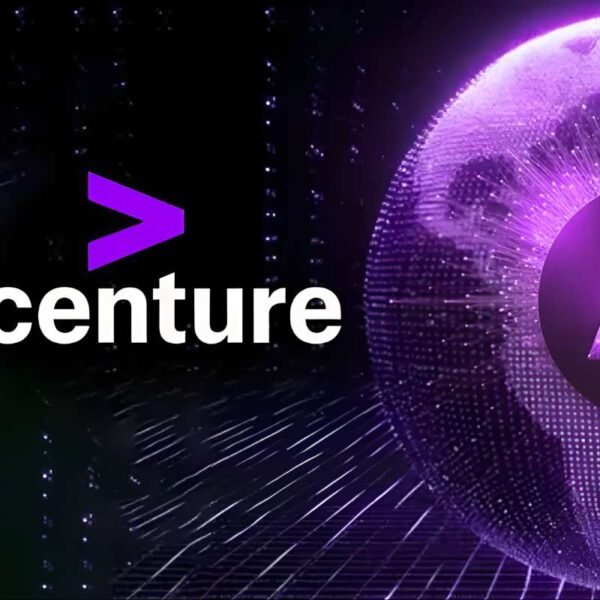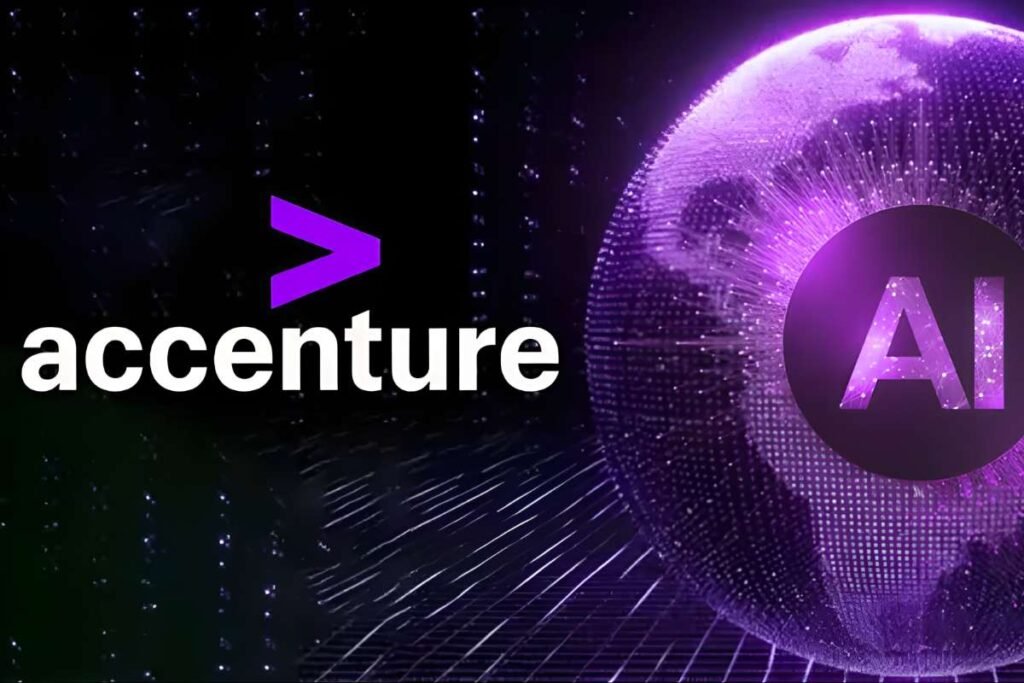In an ever-evolving global landscape, organizations recognize the importance of cultivating a new generation of leaders equipped with the skills, vision, and resilience to navigate complex challenges and drive meaningful change. The Emerging Leaders Institute (ELI) stands as a beacon of leadership development, offering aspiring leaders a transformative learning experience to unlock their full potential and inspire positive impact. In this guide, we’ll delve into the significance of the Emerging Leaders Institute, its key components, and the profound impact it has on shaping the leaders of tomorrow.
Understanding the Emerging Leaders Institute
The Emerging Leaders Institute is a dynamic leadership development program designed to identify, nurture, and empower emerging leaders within organizations. It provides participants with a comprehensive curriculum, experiential learning opportunities, and mentorship support to cultivate essential leadership competencies and foster personal and professional growth.
Key Objectives of the Emerging Institutes
1. Identifying Talent
ELI aims to identify high-potential individuals within organizations who demonstrate leadership potential and a commitment to personal and professional development.
2. Building Leadership Skills

The program focuses on developing essential leadership skills, including communication, strategic thinking, decision-making, team building, and emotional intelligence.
3. Fostering Collaboration
ELI promotes collaboration and networking among participants, providing opportunities to connect, share experiences, and learn from one another.
4. Driving Innovation
The program encourages innovative thinking and problem-solving, equipping emerging leaders with the mindset and tools to drive innovation within their organizations.
Key Components of the Emerging Leaders Institute
1. Curriculum
The ELI curriculum is carefully designed to cover a wide range of leadership topics, including self-awareness, communication skills, conflict resolution, change management, and ethical leadership. It incorporates a blend of workshops, seminars, case studies, group discussions, and experiential learning activities to engage participants and facilitate learning.
2. Mentorship

Participants in the ELI program are paired with experienced mentors who provide guidance, support, and feedback throughout their leadership journey. Mentors serve as role models, sounding boards, and advisors, helping emerging leaders navigate challenges, set goals, and achieve their full potential.
3. Experiential Learning
ELI emphasizes experiential learning, providing participants with opportunities to apply leadership concepts and skills in real-world scenarios. This may include group projects, leadership simulations, community service initiatives, or participation in industry conferences and events.
4. Networking Opportunities
The Institute offers networking opportunities for participants to connect with peers, alumni, industry leaders, and subject matter experts. Networking events, conferences, and workshops provide avenues for building relationships, exchanging ideas, and expanding professional networks.
Benefits of the Emerging Leaders Institute
1. Leadership Development
ELI empowers participants to develop essential leadership competencies, enhance their self-awareness, and build confidence in their abilities to lead effectively in diverse contexts.
2. Career Advancement

The skills, knowledge, and networks gained through the ELI program can open doors to new career opportunities, advancement within organizations, and increased visibility as emerging leaders in their fields.
3. Organizational Impact
By investing in leadership development, organizations can cultivate a pipeline of talented leaders who are equipped to drive innovation, foster collaboration, and achieve strategic objectives, contributing to long-term organizational success.
4. Personal Growth
Participation in the ELI program not only enhances professional skills but also fosters personal growth, resilience, and adaptability, empowering individuals to overcome challenges, seize opportunities, and thrive in their personal and professional lives.
Conclusion
The Emerging Leaders Institute plays a vital role in shaping the future of leadership by nurturing talented individuals and empowering them to become effective, ethical, and visionary leaders. Through its comprehensive curriculum, mentorship support, experiential learning opportunities, and networking initiatives, ELI equips emerging leaders with the skills, knowledge, and mindset to drive positive change and make a meaningful impact within their organizations and communities.
As organizations continue to adapt to evolving challenges and opportunities, investing in leadership development through programs like ELI becomes increasingly essential for building a sustainable pipeline of talent and ensuring long-term success and resilience.










